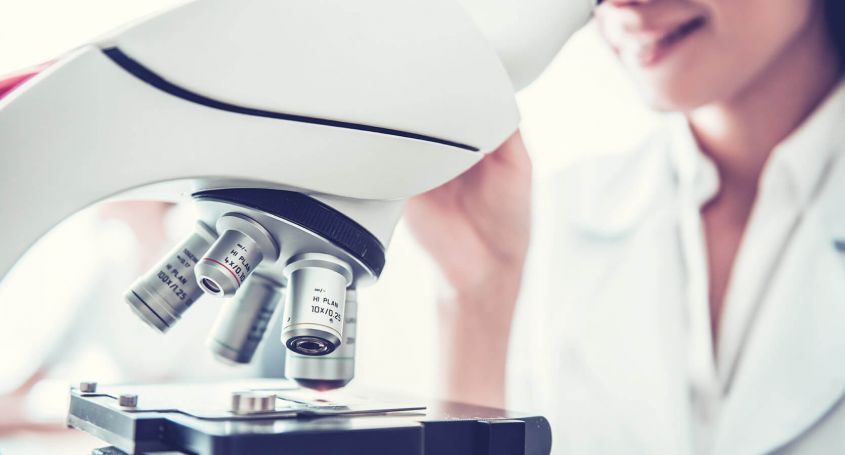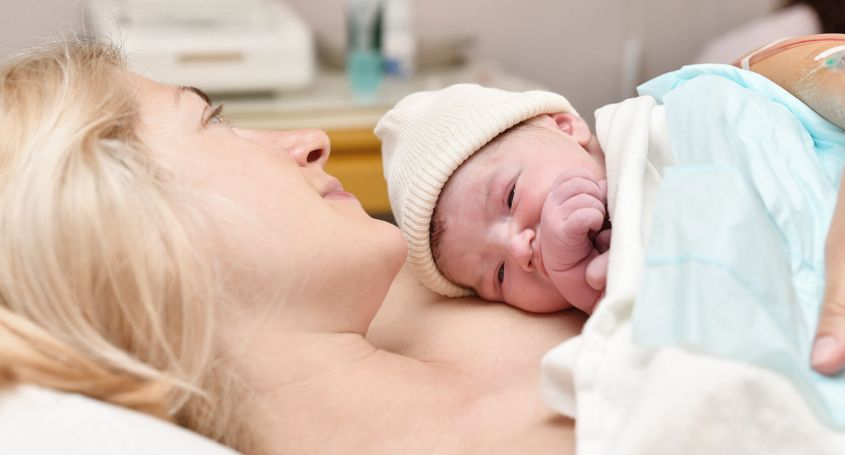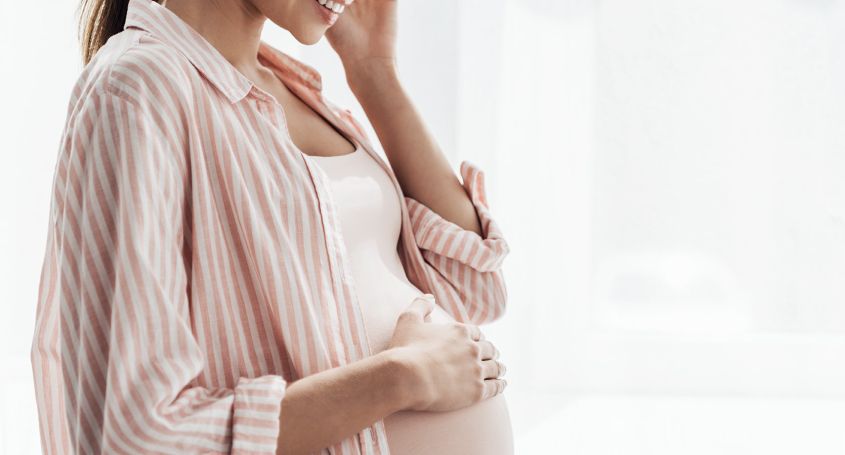Caffeine, a known stimulant, can cause palpitations, nausea, anxiety and depression. A new study shows that the high consumption of caffeine can decrease fertility.
American researchers at the University of Nevada did the study in mice by analyzing the fallopian tubes and they found that caffeine alters the muscle contractions, these contractions are very important during the egg transport from the ovary to the uterus.
Although the study was done in mice, it explains why women with high caffeine intake have lower fertility and generally take longer to become pregnant.
Caffeine is in coffee, tea, cola drinks, chocolate and some medications.
The study was published in May in the British Journal of Pharmacology and brings new insights into the field of infertility.
Previously, other studies have shown that during pregnancy women that consume more than 2 cups of coffee are more likely to have a baby of low birth weight.
All specialists in obstetrics and reproduction should advised their patients to reduce caffeine intake (less than 2 cups a day) during pregnancy and while they are looking for a pregnancy.














